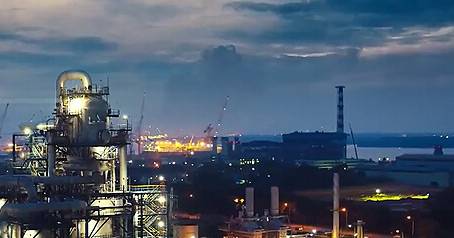Oct . 30, 2024 21:56 Back to list
hdpe poly pipe
Understanding HDPE Poly Pipe Features and Applications
High-Density Polyethylene (HDPE) pipes are essential components in a wide array of applications, thanks to their durability, flexibility, and resistance to various environmental factors. Made from high-density polyethylene resin, HDPE pipes are widely used in water distribution, natural gas distribution, sewage systems, and industrial applications. Understanding the features and benefits of HDPE poly pipes can help industries and consumers make informed decisions regarding their use.
Understanding HDPE Poly Pipe Features and Applications
Another critical advantage of HDPE pipes is their resistance to corrosion and chemical damage. Unlike traditional materials, HDPE is not susceptible to rust or biofouling, making it ideal for transporting potable water, wastewater, and chemicals. This resistance extends the life of the pipes significantly, reducing maintenance costs and the need for frequent replacements.
hdpe poly pipe

Furthermore, HDPE pipes are environmentally friendly. They can be recycled, which helps reduce waste and promotes sustainability. When it comes to leachate, HDPE pipes are less likely to release harmful substances into the soil or water, making them a safer option for the environment. The smooth interior of HDPE pipes also minimizes friction, which enhances flow efficiency and reduces energy costs associated with pumping.
The applications of HDPE poly pipes are extensive. In the agricultural sector, they are commonly used for irrigation systems, allowing for precise water management that conserves resources while boosting crop yield. In municipal infrastructure, HDPE pipes are employed for water supply lines and sewage systems, ensuring the reliable transport of vital resources across communities. Additionally, they are favored in the gas distribution industry due to their capacity to withstand high pressures and resist the corrosive effects of natural gas.
Moreover, the versatility of HDPE pipes allows for their use in various construction projects. They can be customized in terms of diameter, length, and strength classifications to meet specific project demands, making them adaptable for both large-scale operations and smaller installations.
In conclusion, HDPE poly pipes represent a modern solution for a myriad of piping needs. Their unique properties, such as durability, flexibility, and resistance to environmental factors, make them a preferred choice in many applications across different industries. As technology continues to advance, the role of HDPE pipes in infrastructure and resource management will likely expand, showcasing the importance of innovative materials in meeting contemporary challenges.
-
PVC Transparent Sheet Roll - Durable & Flexible PVC Plastic Sheet Roll for Industrial & Home Use
NewsJun.24,2025
-
High-Quality PVC PPR Pipes and Fittings Durable ERA PPR Solutions
NewsJun.10,2025
-
High-Quality Large HDPE Sheets & Large Diameter PVC Pipe Durable Large PVC Pipe Supplier
NewsJun.10,2025
-
High Density Polyethylene Cutting Board - Durable & Food Safe
NewsJun.09,2025
-
3 Inch PVC Pipe for Durable Irrigation Affordable & Reliable
NewsJun.09,2025
-
Premium PPR Plastic Water Pipe Fittings - Durable & Leak-Free
NewsJun.09,2025

